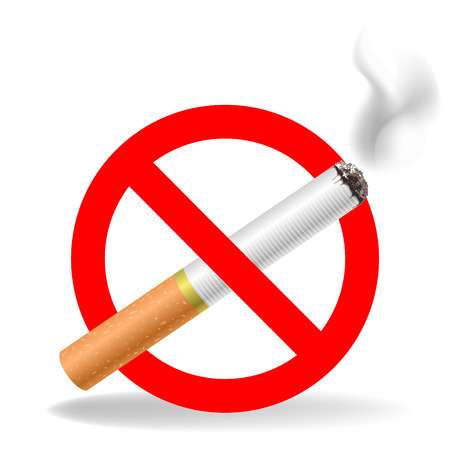Global Tobacco Treaty Talks End with Strong Resolutions to Make Big Tobacco Pay
...As Activists Demand Protection of Human Rights, Environment

By Edu Abade
As the global tobacco treaty talks at COP10 end in Panama, tobacco control advocates and climate activists have declared that the deliberations focused on strengthened measures to make big tobacco pay for the health hazards and environmental crimes among the WHO Framework Convention on Tobacco Control (WHO-FCTC) member countries.
They pointed out that after nearly six years without an in-person meeting, Parties to the WHO Framework Convention on Tobacco Control (WHO-FCTC) had a lot on the agenda, but lamented that in spite of their efforts by the parties take strong stand to protect the treaty, big tobacco makes clear its intentions to undermine negotiations.
In a statement issued by Campaign Director of Corporate Accountability, Daniel Dorado, the activists said: “We are proud of the progress made by Parties during the tenth global tobacco treaty talks in the areas of liability against the tobacco industry and protecting the environment and human rights.
“Now, we urge Parties to implement these measures at home to advance justice and make Big Tobacco pay for its harms to people and the planet in the next two years before the Parties meet again in 2026.”
Citing Tobacco Industry’s attempts at interference, they noted that organisations aligned with the interests and arguments of the tobacco industry organized a series of parallel events to the COP, attacking the Conference with arguments such as lack of transparency and exclusion, ignoring the internal rules of the international treaty and its meetings, which establish safeguards to protect the conference of economic interests and other vested interests of the tobacco industry.
“On October 13, 2023, Senior Vice President of External Affairs of Philip Morris International (PMI), Gregoire Verdeaux, said that he was going to be in Panama, calling it “absurdity” that the industry that profits from deadly tobacco products would not be welcome at a public health conference.
“As reported in the Global Alliance for Tobacco Control bulletin on February 9, 2024, a committee of parliamentarians from tobacco-growing areas in Southern Brazil is in Panama and has been lobbying the Brazilian delegation in favor of the industry.
The committee has had “daily debriefing sessions” during the COP, led by the head of the Brazilian delegation, Carlos Henrique Abreu e Silva. During one of the sessions, on Wednesday evening, representatives of various Brazilian industry associations were also present,” the statement reads.
It further explained that a number of countries, led by Guatemala and including the Philippines, China, Russia, Antigua and Barbuda and others, have been echoing industry talking points that attempt to frame heated tobacco products and vapes as less risky than cigarettes, calling for more debate and research on the topic, which would delay implementation of lifesaving protections.
Deputy Campaigns Director of Corporate Accountability, Keltie Vance, who made the statement available to journalists, said three of the six WHO regions, representing 93 countries, made statements that they had submitted their declarations of conflict of interest with the tobacco industry.
“A transparency decision that was agreed upon in the last in-person treaty negotiations urged the parties, media and treaty observers to submit declarations of conflict of interest to protect the treaty negotiations from tobacco industry interference and safeguard public health policy,” the statement said.
Describing the move as ‘a historic step forward to make Big Tobacco pay’ Amid widespread support from civil society and government champions, the parties also agreed to strengthen Article 19, which nations could use to hold the tobacco industry liable for its devastating impact on people and the planet.
An expert group will now review strategies that Parties like Brazil and Canada have used, and provide recommendations to advance liability-related measures, particularly for those countries where judicial proceedings are not the best recourse.
On impacting climate and other treaties, it was agreed that despite the tobacco industry’s attempts at interference, the talks were not inundated with corporate lobbyists like the most recent U.N. climate summit. The FCTC provides a strong example for how the UNFCCC and other international bodies can protect policy from corporate profit-seeking.
Similarly, the global tobacco treaty’s measures to keep the tobacco industry out of policymaking and denormalise its socially responsible activities provide a stronger model for health and environmental policy than the Extended Producer Responsibility (EPR) and multi-stakeholder approaches common in environmental fora-which processes like the draft plastics treaty would do well to heed.











